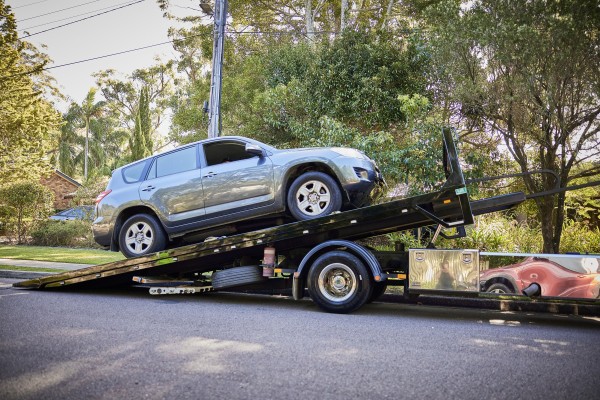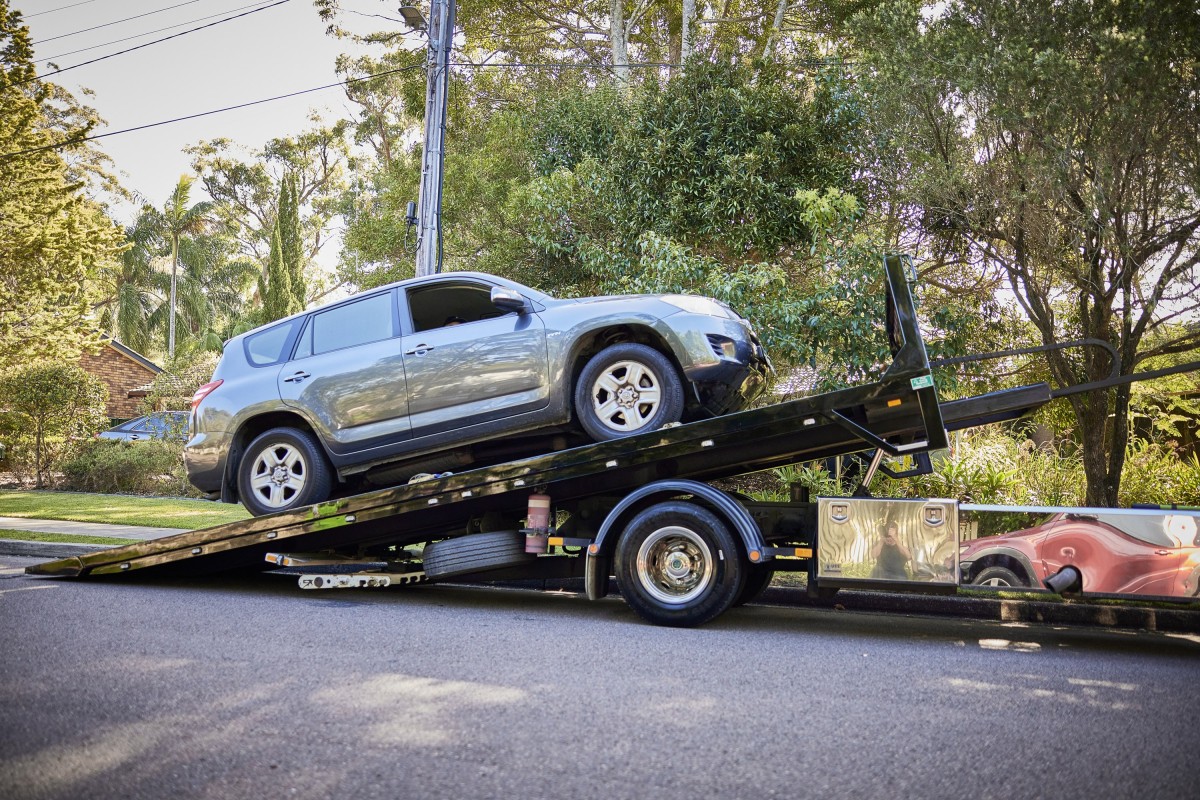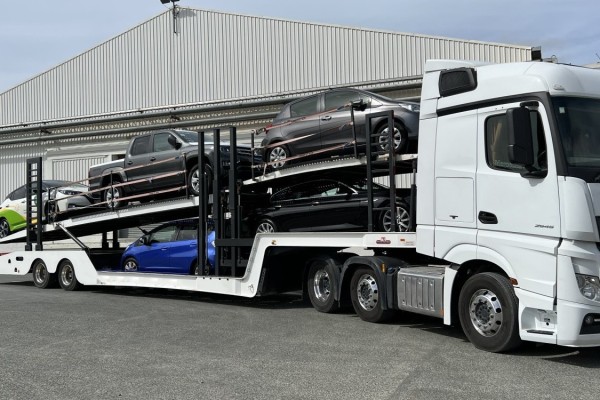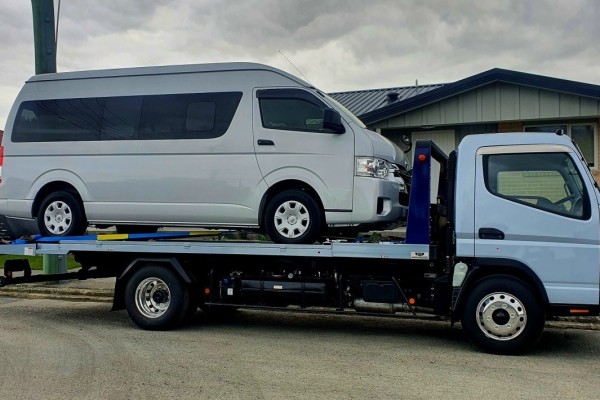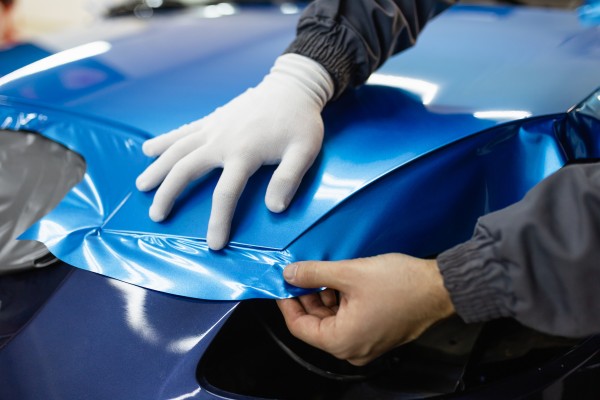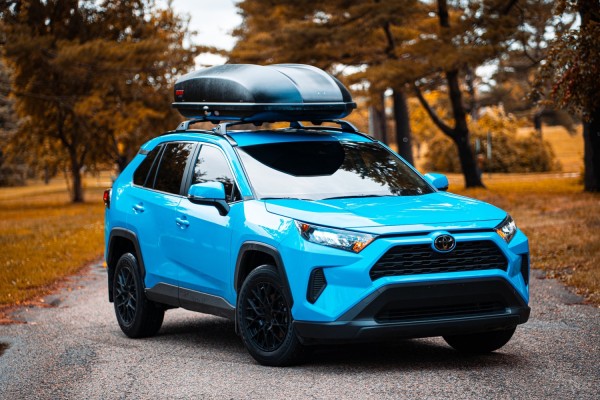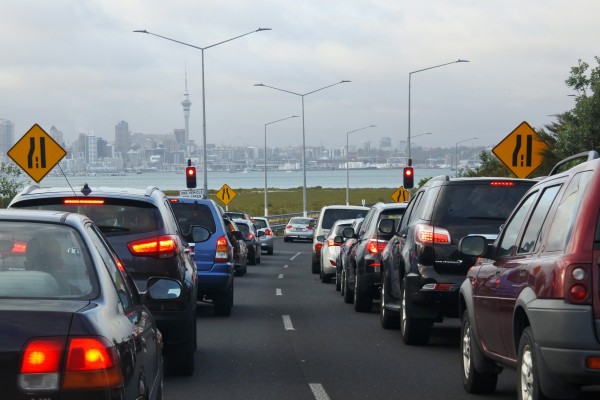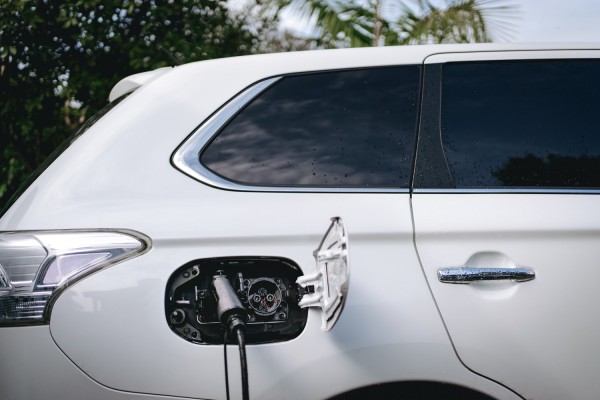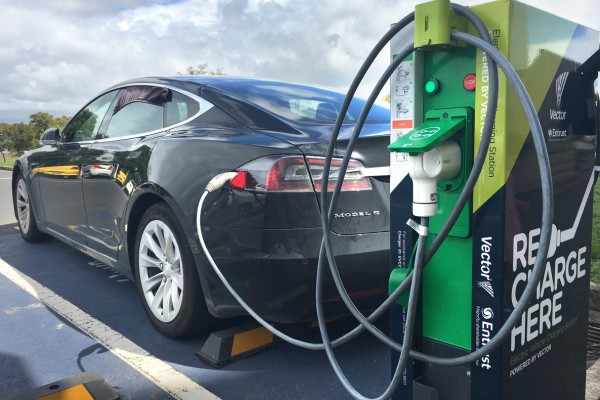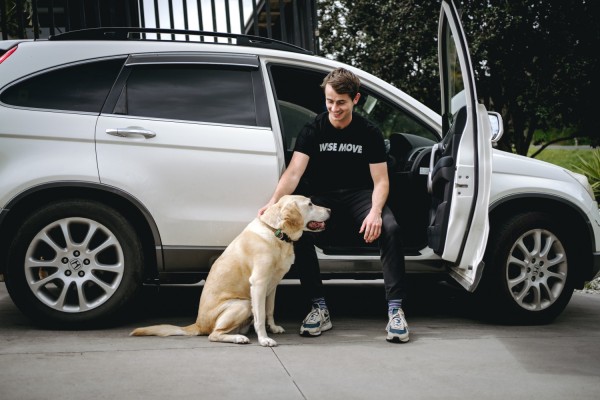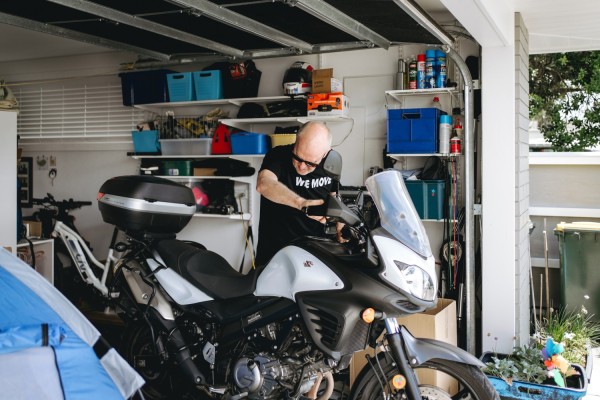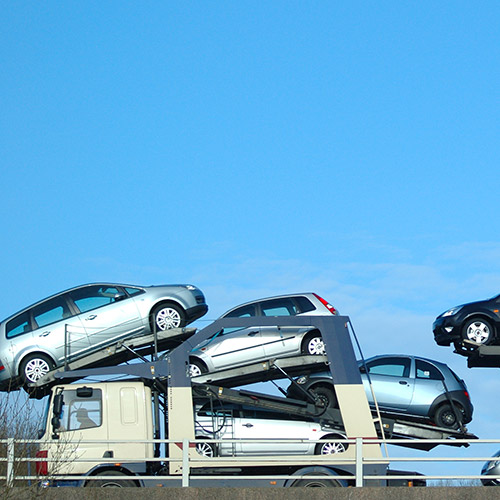How to Prepare Your Car for Transport
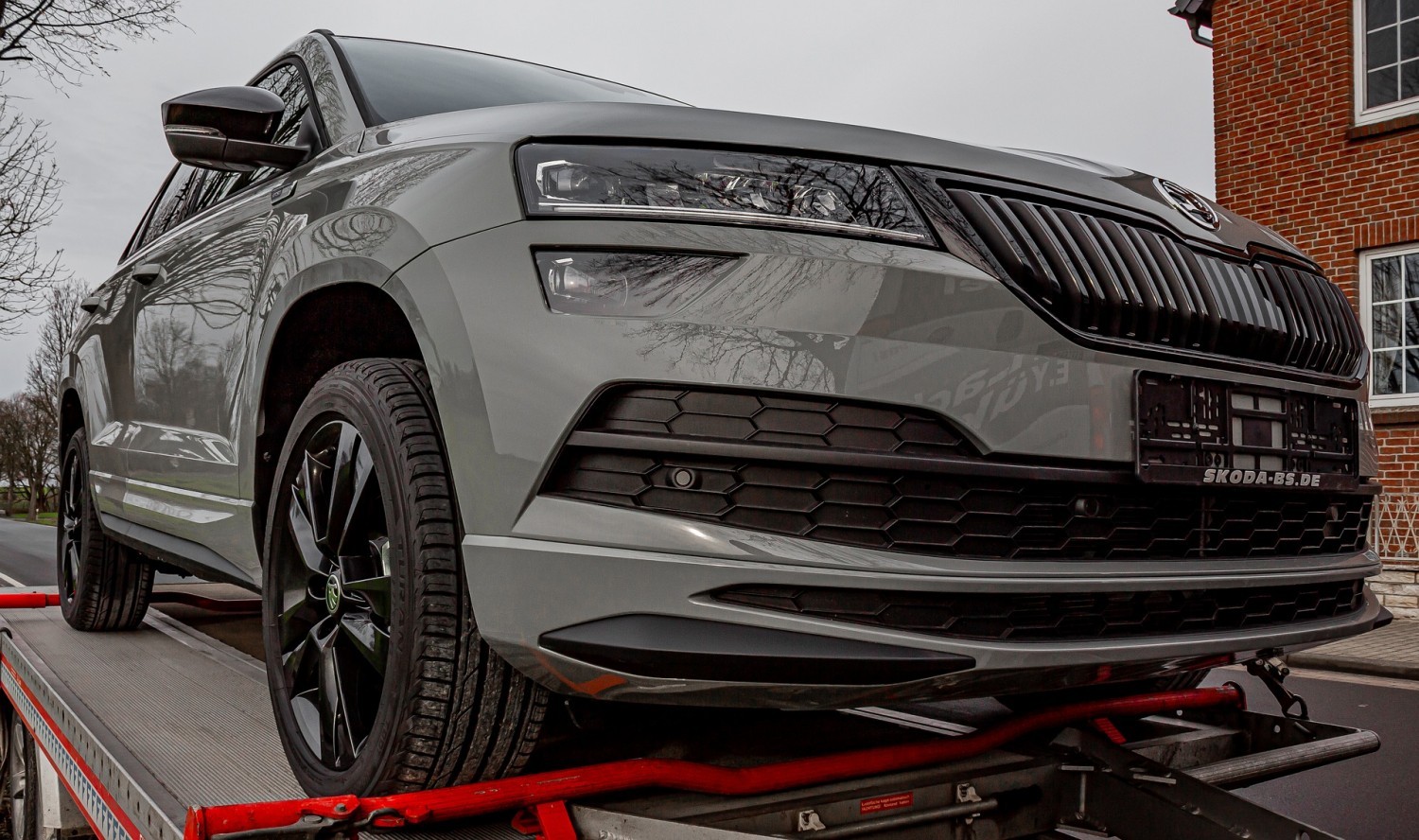
There are lots of reasons you might need to ship your car or vehicle from one place to another—whether you are unable to drive long distances, can't drive the vehicle yourself, or own a car that doesn't run properly. Whatever the reason, car transporting services can help you get your vehicle to its final destination. Before your car is picked up, there are a few things you should do to prepare your car for transportation.
Wash your car
Before your car is shipped or transported, spend a few hours cleaning. A clean car can help identify any pre-existing damage or scratches on your vehicle and ensure you can see any imperfections in the paint or bodywork.
Skipping this step can lead to disputes or misunderstandings between you and the shipping company if you discover damage after the vehicle is delivered. Take photos of any damage, so you don't forget about it after your vehicle is shipped.
Additionally, dirt and debris on the car can hide rust or other problems that can worsen during transport. A clean car can also help protect the vehicle's paint and finish during shipping, as dirt or grime can cause damage or scratches during transport. Overall, cleaning your car before shipping can help ensure that it arrives at its destination in the best possible condition.
Clean your car’s interior
While you're cleaning your car, don't forget the interior. Cleaning your car's interior before shipping can help prevent any unpleasant odours from developing during transport. If there are any spills or stains in the car, they can also become more difficult to clean if left for an extended period of time.
Cleaning the interior can help protect any leather or fabric surfaces from damage or stains that could occur during the shipping process. Any loose items or personal belongings should also be removed from the car before transport to prevent them from moving around and causing damage. Remove any objects from the boot, glove box, centre console and under the seats.
Check insurance coverage
While it is unlikely your vehicle will be damaged during transport, it's better to be safe than sorry. Make sure your insurance covers transportation, and if it doesn't, extend your coverage for the trip. Even if your car transporter has insurance, it's advisable to take out your own as well. It's good to ring your insurer and talk to them in person. You'll only need coverage for the length of the trip.
Gather documents for your vehicle
Before transporting the vehicle, your shipping company must know which car belongs to you. This step helps to prevent the shipping and supply of stolen vehicles. To avoid delays with your transport, prepare all your documentation in advance. Car transporters will usually ask for the following paperwork:
-
Vehicle registration
-
Bill of sale or other proof that you own the vehicle
-
Your identification (driver’s license, passport, any government-issued ids)
Check for fluid leaks
Before your car is transported, check for any fluid leaks and have them fixed before the move. The transporting company might not ship your car if there are any significant leaks. Leaks may be a sign of damage to your car (in this case, it shouldn't be shipped long-distances unfixed) and also put other vehicles at risk — especially if your car is transported on a trailer holding other vehicles. Oil leaks can damage the trailer and leave permanent marks that are hard to remove.
Pump up your tires
It is important that your tires are fully inflated before your car is transported. A vehicle with a flat tire is unsafe for transportation and can cause damage to the trailer while it’s being loaded or unloaded. There's also a risk that a deflated tire will cause damage to your rims too.
Instead, make sure that your car is ready to go. Otherwise, your transporting service may have to spend time pumping up your tires (a service they will likely bill extra for due to time wasted) or, worse, refuse to take your car because the tires are dangerously underfilled.
Skip filling up
Since your vehicle will be transported and not driven, having a full tank of petrol is unnecessary. Filling up your tank before your vehicle is picked up will only make your vehicle heavier. Petrol can also move around a lot during transit.
If your vehicle is being moved in a trailer, next to other cars, having less petrol onboard is safer. A quarter gallon of a tank is enough for your transportation service to drive your vehicle onto the trailer and back off once it reaches the final destination.
Disable alarms
Disabling your car alarm before shipping your vehicle is important to avoid any unnecessary disturbances during transport. A car alarm can be set off easily during transport due to vibrations or movements of the trailer, and this can be annoying not only for the transport driver but also for other drivers on the road.
If the alarm goes off frequently, it can drain the car's battery, causing problems when the vehicle reaches its destination. In some cases, the alarm may even interfere with the transport process, causing the driver to stop and address the issue, which can delay the delivery of your car (and might cost you a fee). Disable your car alarm before shipping to ensure a smooth and hassle-free transport experience.
Lock your vehicle
Once the vehicle is loaded into the truck and trailer, lock it. Remember to give your car a spare key so they can access your vehicle if something (like a forgotten car alarm) goes wrong.
Read more car transportation content:
Book your transportation now
Spending time preparing your car for transportation will help minimise any hassle or surprises during the process, resulting in safe and fast transport. If you need help finding reputable, affordable transportation for your vehicle, Wise Move can help. Book your door-to-door car transportation service now.
What do our customers say?
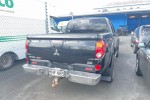



For every (wise)move







